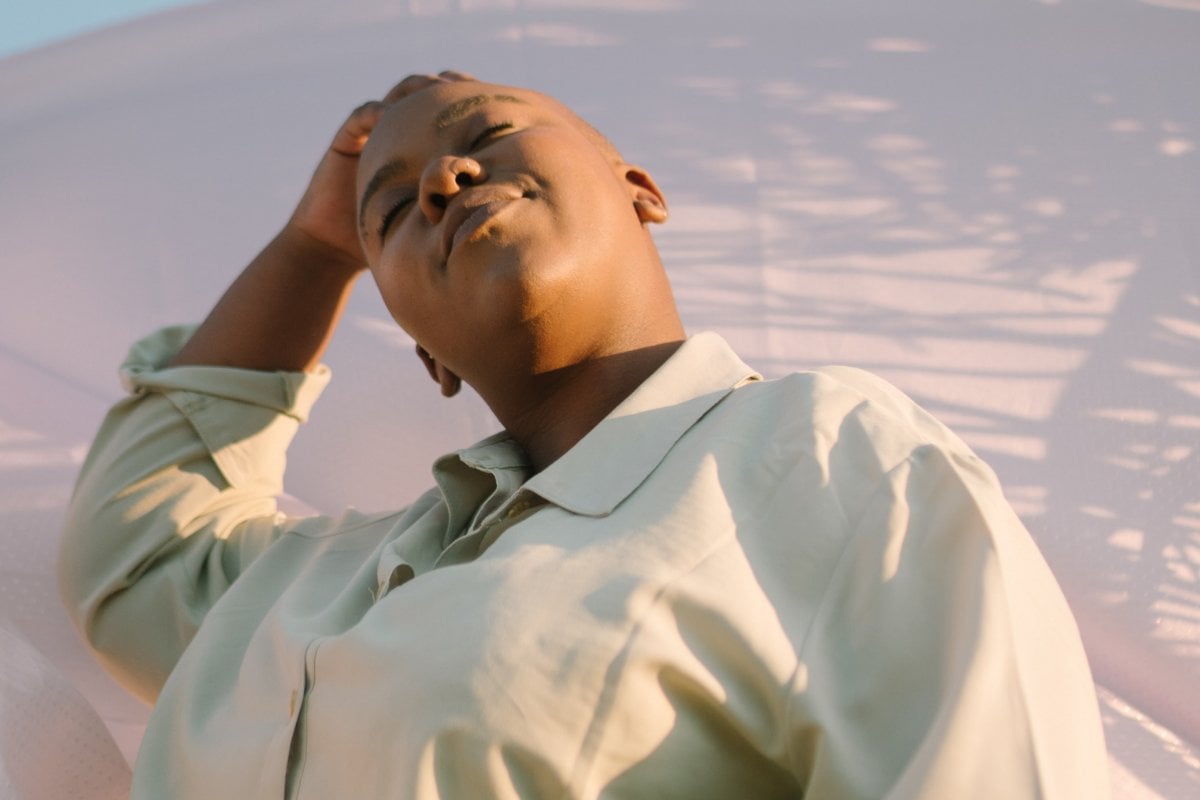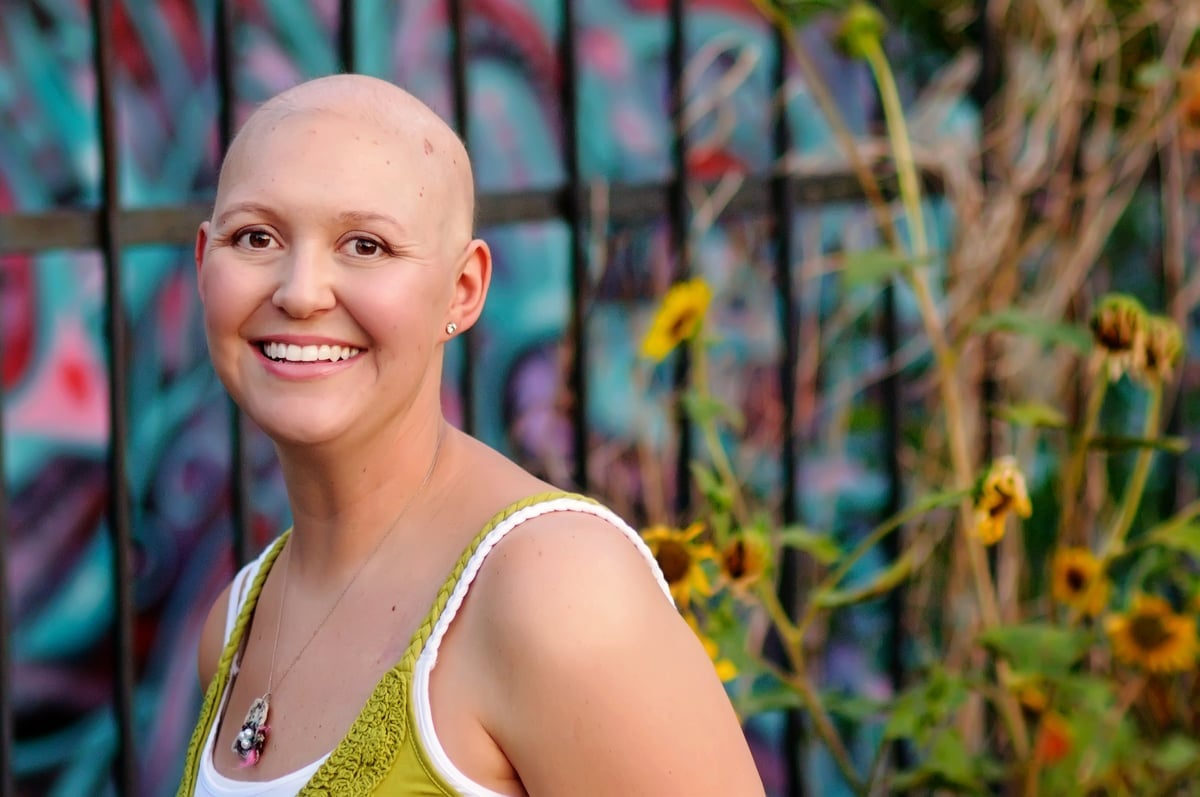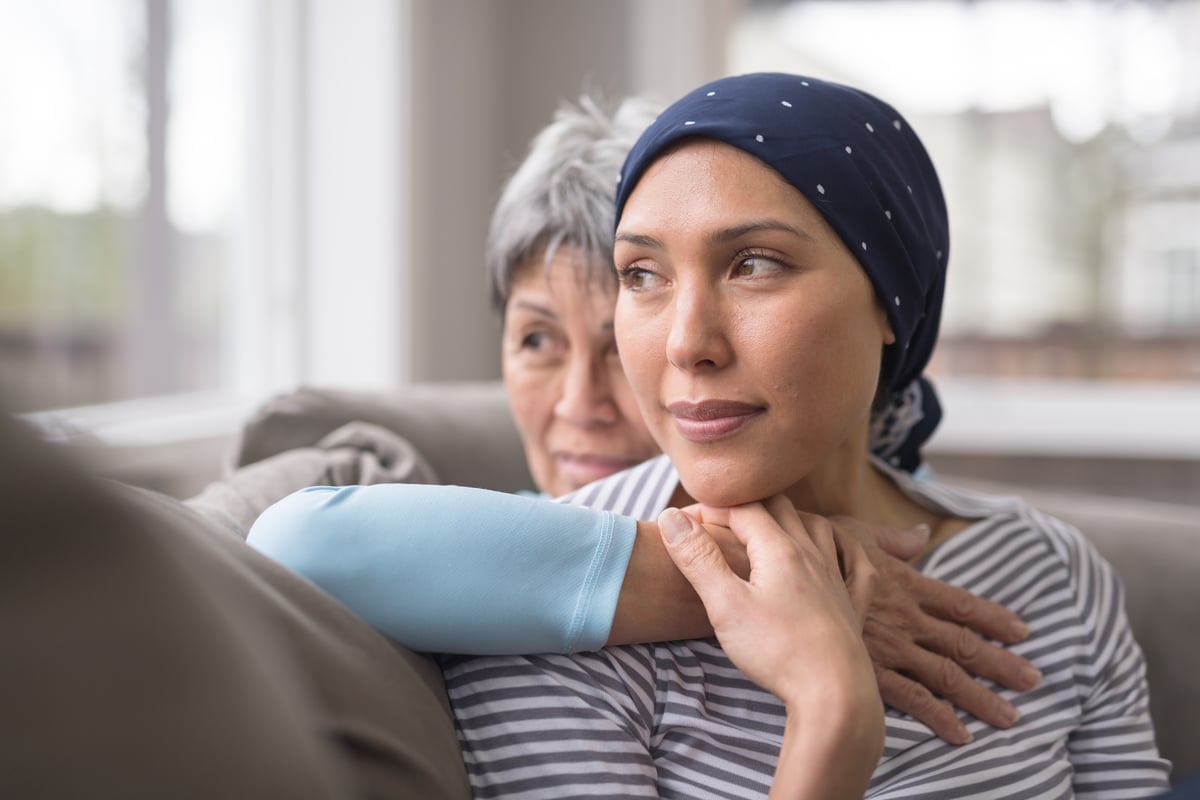
If you or someone you know is undergoing chemotherapy, chances are it will be one of the most challenging things you will ever have to go through.
And while some people will experience no side effects, others experience a range - from fatigue to nausea and skin changes. Another common side effect of chemotherapy is hair loss.
For many women, losing their hair is one of the most emotional parts of going through chemotherapy - it's one that many find difficult and distressing.
Watch: Ricky Lake opens up about her struggle with hair loss on the Drew Barrymore Show. Post continues below.
While your hair is the one of the easiest parts of your look to change, it can also be a big part of who you are.
Here, we speak to Dr Connie Diakos, a medical oncologist at GenesisCare and staff specialist at Royal North Shore Hospital in Sydney, as she takes us through the key things to know about hair loss during chemotherapy.
Why do you lose your hair during chemotherapy?
The reason behind chemotherapy causes hair loss is that the treatment targets and affects ALL cells in the body - not just the cancer cells.































































































